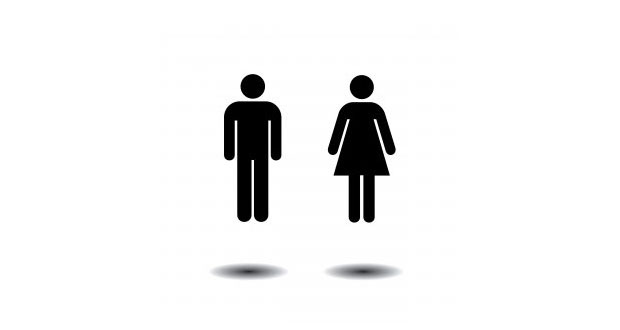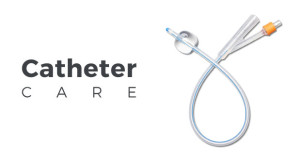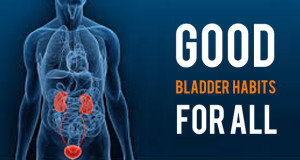Stress Incontinence
A person who experiences leaks of urine while making small movements, such as sneezing or laughing, may be experiencing stress incontinence. This type of incontinence is more common in women, although it can occur in any gender. It occurs after bladder muscles weaken and are no longer able to close the bladder as tightly as they once could.
Urge Incontinence
Urge incontinence usually occurs when nerves of the bladder are damaged. These damaged nerves can send signals that cause the bladder to contract at inconvenient times. People who have urge incontinence may urinate after hearing or touching water, wet the bed, or feel that they must go to the bathroom as soon as they drink water. Certain medications and conditions can exacerbate symptoms of urge incontinence.
Functional Incontinence
Functional incontinence encompasses any condition that hinders a person’s ability to reach a restroom before they urinate. This can include physical debilitations or mental debilitations, such as Alzheimer’s, which can inhibit a person’s ability to plan far enough in advance to reach a restroom when they need one.
Overflow Incontinence
Overflow incontinence occurs when the urethra is blocked, perhaps by urinary stones or tumors, and so the bladder is unable to fully empty. Overflow incontinence may also occur due to weak bladder muscles. The condition affects men more frequently than it affects women.
Transient Incontinence
Transient incontinence is the term for urinary incontinence that is caused by a temporary condition. When the temporary condition is treated, transient incontinence can be expected to resolve itself. For example, mental impairment or restricted mobility may cause transient incontinence. Additionally, taking certain types of medications can cause transient incontinence.
Overactive Bladder
Overactive bladder is very similar to urge incontinence, and shares the same cause: damaged nerves. In addition to experience urge incontinence, people with an overactive bladder may also urinary frequency and urinary urgency. They may also find themselves frequently awaking at night in order to use the restroom.
 Urologist in Chennai | Robotic Urologist in India | Chennai Urology
Urologist in Chennai | Robotic Urologist in India | Chennai Urology




